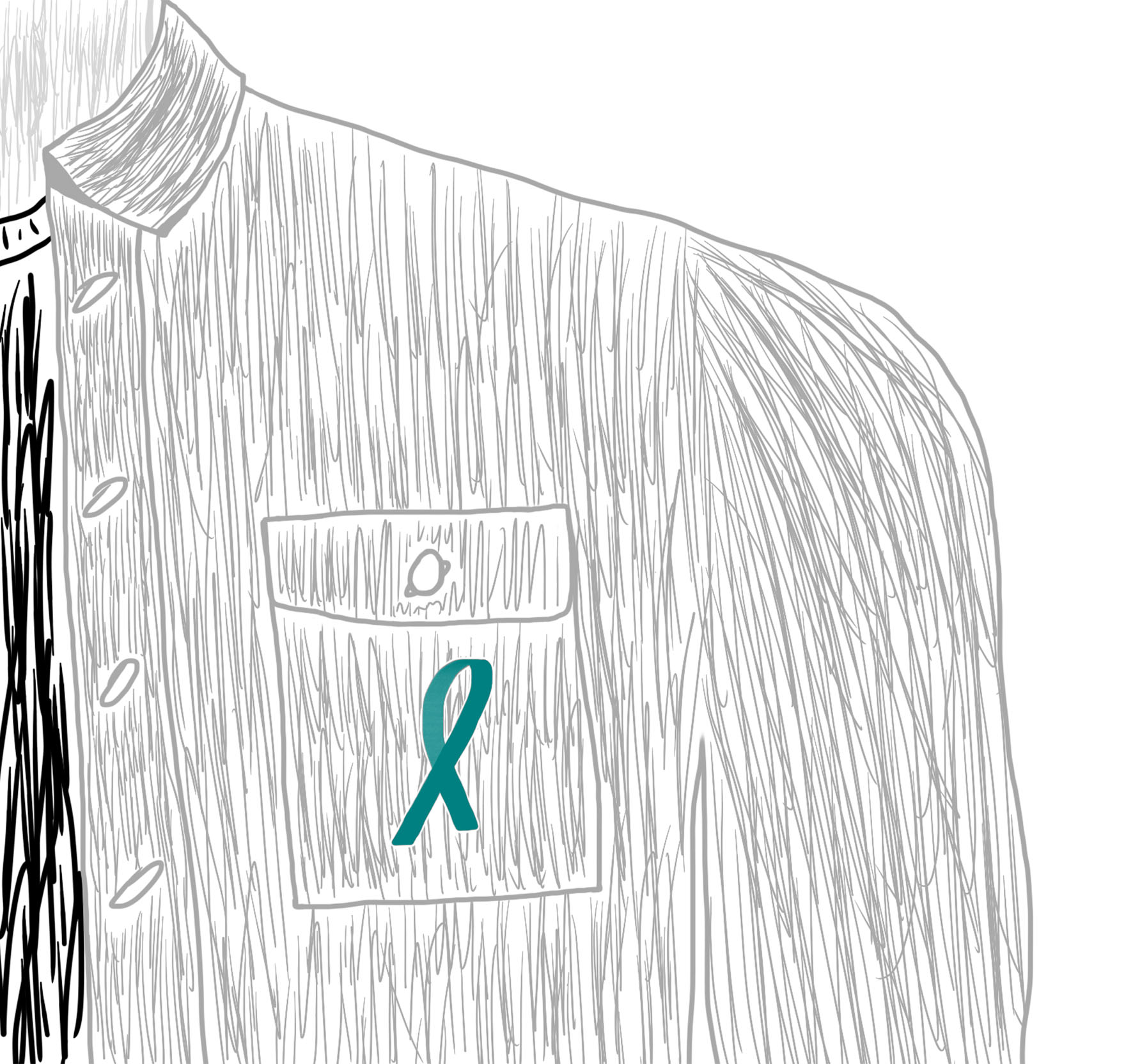
Editorial: Don’t forget about Sexual Assault Awareness Month
With anxiety and fear from the pandemic surrounding everything right now, it’s easy to lose track of time.
But April is a month that raises awareness for something extremely important: sexual assault. Usually during this month events would be held across the country to raise awareness of sexual violence across the world, support survivors and begin change through action.
Sexual assault awareness is especially important right now when people could potentially be trapped with their abusers.
We need to be vigilant and make sure we know the signs of abuse so we can help others in unsafe situations. Checking up on friends and family is one way you can ensure they’re doing okay.
UN Women said it expects the numbers of acts of violence against women to rise due to COVID-19. Social distancing can also mean isolating for some and that can be extremely dangerous.
An American is assaulted every 73 seconds according to the Rape, Abuse & Incest National Network. It’s a shocking statistic, but it’s also a statistic we can lower.
We can all work on advocating for survivors of sexual assault.
Organizations like Promoting Awareness Victim Empowerment (PAVE) are spreading the word across the country to educate on many topics surrounding sexual assault. And USD is lucky enough to have this organization on campus.
Thanks to social media they are still able to connect and educate people while we’re social distancing and quarantining.
Whether you are going to these organization’s websites or following them on social media, you should make an effort to educate yourself on how to be an advocate to those who support survivors of assault.
We’ve heard the statistic that one out of six women have experienced sexual violence, whether attempted or completed.
There are many people in your life that could be survivors, you just don’t know it.
And sexual violence doesn’t discriminate on the basis of sex; men, women and non-binary people have all been subject to this type of brutality.
People who identify as LGBTQ+ are also at higher rates for not only sexual assault — but violence in general. In 2015, a survey of transgender people found 47% had been sexually assaulted at some point in their life.
We need to advocate not only for awareness but for the end of sexual assault. We need to call out predatory behavior, institutions that don’t punish abusers and allow for the conditions that allow large scale abuse to happen.
